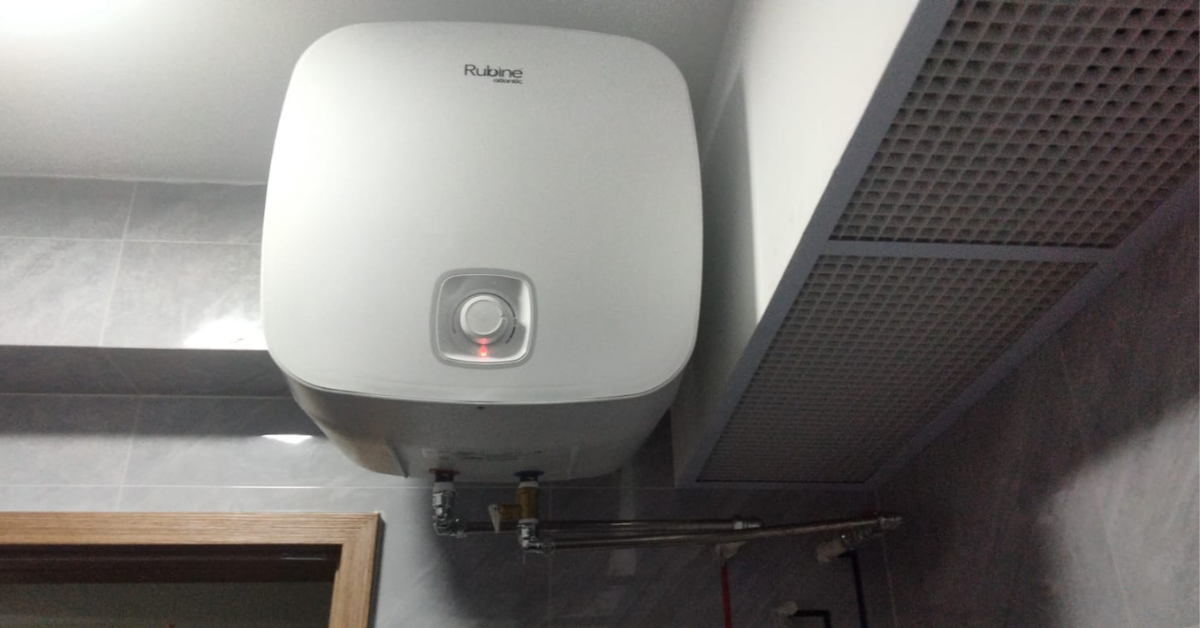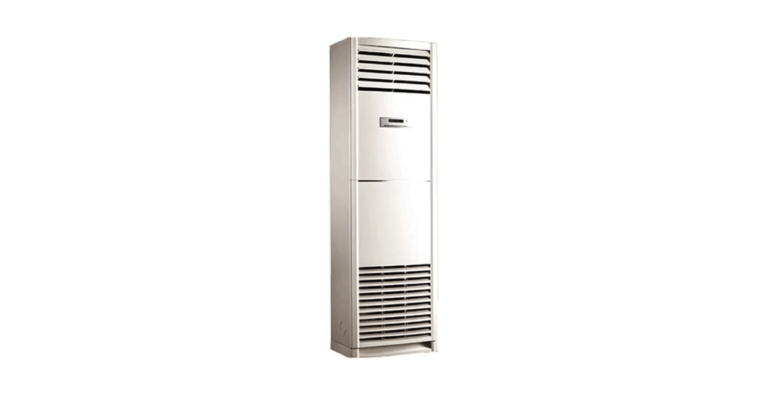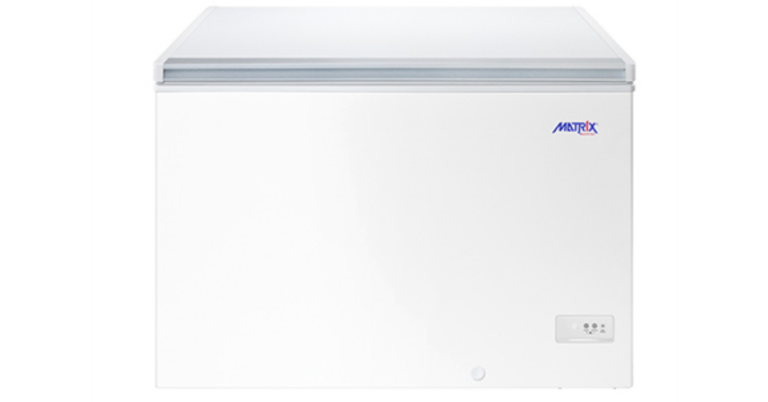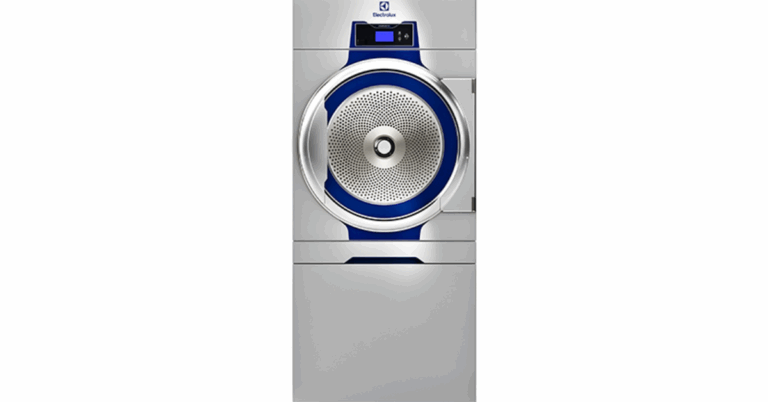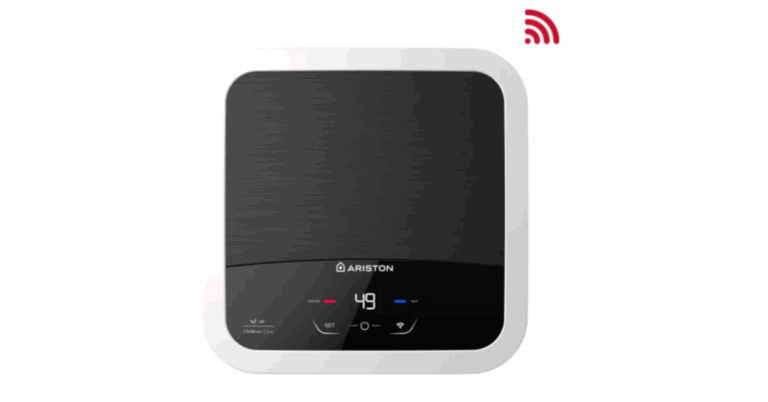The Ultimate Guide to Choosing the Right Water Heater for Your Home
A water heater is one of the most essential appliances in any household. Whether it’s a chilly winter morning or you’re simply in need of a relaxing hot shower after a long day, a reliable Water Heater ensures consistent comfort and convenience. With modern technology offering a wide variety of models and energy-efficient options, selecting the perfect water heater can be both exciting and overwhelming. In this comprehensive guide, we’ll help you understand the different types, benefits, maintenance tips, and how to choose the best system for your home.
1. What Is a Water Heater and How Does It Work?
A water heater is a device that heats cold water using electricity, gas, or solar energy. The heated water is then stored in a tank or delivered instantly to your tap or shower. Traditional storage water heaters keep hot water ready for use at all times, while modern tankless models heat water on demand.
The basic mechanism involves a heating element or burner that warms the water to the desired temperature. The system is equipped with thermostats, safety valves, and insulation to ensure efficiency and safety. Depending on your household size and energy source, you can choose from different water heater types to match your lifestyle.
2. Types of Water Heaters
When it comes to choosing a water heater, understanding the various types available is crucial. Each type offers unique benefits, energy efficiency, and cost considerations.
a. Storage Water Heaters
These are the most common types used in homes. They feature an insulated tank that stores hot water for use throughout the day. While they are reliable, they can consume more energy due to continuous heating.
b. Tankless Water Heaters
Also known as on-demand water heaters, these systems heat water only when required. They are compact, energy-efficient, and ideal for smaller spaces. However, they might have limited flow rates when multiple taps are used simultaneously.
c. Solar Water Heaters
Solar-powered water heaters are an eco-friendly option that utilizes solar energy to heat water. Although the initial installation cost can be high, they significantly reduce long-term electricity bills and carbon footprint.
d. Heat Pump Water Heaters
These systems use electricity to move heat from one place to another instead of generating it directly. This makes them two to three times more energy-efficient than conventional electric models.
e. Gas Water Heaters
Using natural gas or propane, these water heaters provide quick heating and are often more cost-effective than electric ones. However, they require proper ventilation for safe operation.
3. Key Factors to Consider Before Buying a Water Heater
Choosing the right water heater requires careful consideration of several factors. Here’s what you should keep in mind:
a. Capacity
Determine the size of your household and daily hot water consumption. A family of four typically needs a water heater with a capacity of 50–60 liters, while smaller families can opt for 25–30 liters.
b. Energy Efficiency
Energy-efficient models can save you money in the long run. Look for a water heater with a high energy star rating or advanced insulation to minimize heat loss.
c. Installation Space
If space is limited, consider a tankless or wall-mounted water heater. For larger homes, a storage unit may be more practical.
d. Maintenance and Durability
Regular maintenance ensures a longer lifespan. Choose a water heater made from durable materials such as stainless steel and equipped with corrosion protection features.
e. Cost
While upfront costs matter, consider long-term operating expenses. A slightly more expensive but energy-efficient water heater can save significant costs over time.
4. Benefits of Installing a Modern Water Heater
Investing in a modern water heater comes with several advantages beyond just hot water supply.
-
Energy Efficiency: Newer models use less power, helping you cut down on utility bills.
-
Compact Design: Tankless water heaters save space and provide a sleek look for modern bathrooms.
-
Consistent Hot Water: Advanced thermostats ensure a stable temperature throughout usage.
-
Eco-Friendly Options: Solar and heat pump water heaters contribute to a greener environment.
-
Safety Features: Built-in safety valves, automatic shut-offs, and temperature controls prevent overheating or accidents.
5. Maintenance Tips for a Longer-Lasting Water Heater
Proper maintenance can extend the life of your water heater and maintain its performance.
-
Flush the Tank Regularly: Sediment buildup can reduce efficiency. Flushing the tank every six months helps prevent corrosion and scaling.
-
Check the Anode Rod: This component prevents rusting inside the tank. Replace it if it’s heavily corroded.
-
Insulate Pipes: Insulating the pipes connected to your water heater reduces heat loss and energy waste.
-
Inspect for Leaks: Even small leaks can lead to significant water wastage and higher bills.
-
Professional Servicing: Have a certified technician inspect your water heater annually to ensure safe and efficient operation.
6. Signs You Need to Replace Your Water Heater
No appliance lasts forever, and your water heater is no exception. Here are some signs that it might be time for a replacement:
-
Irregular water temperature: Sudden bursts of cold water could indicate thermostat or heating element issues.
-
Rusty water: Discolored water may suggest corrosion inside the tank.
-
Unusual noises: Rumbling or popping sounds could mean sediment buildup.
-
Leaks: Persistent leaks around the base of the water heater indicate internal damage.
-
Age: Most water heaters last between 8–12 years. Beyond that, consider upgrading to a newer, more efficient model.
7. Eco-Friendly Innovations in Water Heating
The future of water heater technology is focused on sustainability and smart control. Modern systems are integrating IoT (Internet of Things) features, allowing homeowners to monitor and adjust temperature settings via mobile apps. Additionally, hybrid water heaters combine electric and heat pump technologies for even higher efficiency.
As energy conservation becomes a global priority, investing in a green water heater solution not only benefits your wallet but also supports environmental responsibility.
8. Conclusion
A water heater plays a vital role in everyday comfort and convenience. Whether you choose a gas, electric, or solar-powered model, understanding your household needs and energy preferences is essential. By considering capacity, efficiency, and maintenance, you can select a water heater that delivers consistent performance, saves energy, and lasts for years.
Regular upkeep and timely replacements ensure your system remains efficient and safe. Ultimately, a high-quality water heater is not just an appliance—it’s an investment in your home’s comfort and sustainability.

